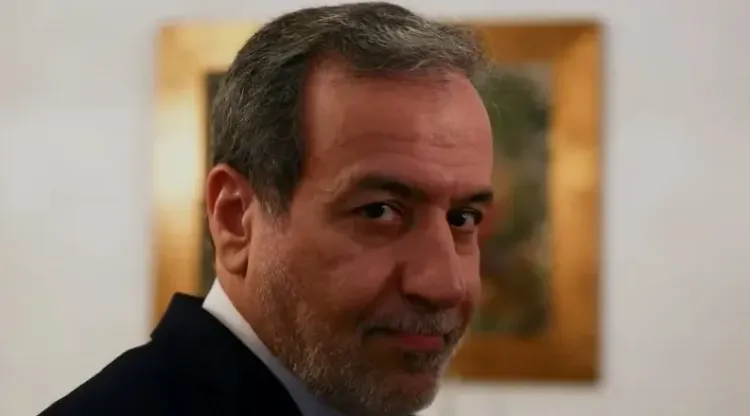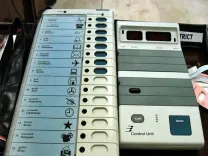What Are the 'Everlasting Consequences' Iran Warns Of After US Strikes on Nuclear Sites?

Synopsis
Key Takeaways
- Iran condemned US strikes as a violation of international law.
- US President Trump justified military action as necessary.
- Iran reserves the right to defend its sovereignty.
- The conflict could escalate tensions in the Middle East.
- Diplomatic solutions are crucial to prevent further escalation.
Tehran, June 22 (NationPress) Iranian Foreign Minister Seyed Abbas Araghchi vehemently condemned the United States on Sunday, accusing it of a serious breach of the UN Charter, international law, and the Non-Proliferation Treaty (NPT), following precision military strikes conducted by American forces in collaboration with Israel on three Iranian nuclear facilities.
Araghchi's fierce reaction came after US President Donald Trump announced late Saturday that the US had targeted the Fordow, Natanz, and Esfahan nuclear sites in a coordinated operation with Israel.
This action represents a major escalation in the ongoing conflict, which intensified when Israel executed a surprise attack on Iran on June 13.
"The United States, as a permanent member of the United Nations Security Council, has committed a serious breach of the UN Charter, international law, and the NPT by attacking Iran's peaceful nuclear installations," Araghchi expressed on X.
"The events this morning are outrageous and will have lasting repercussions. Every UN member should be alarmed by this extremely dangerous, unlawful, and criminal conduct," he continued.
He invoked Iran's rights under international law, asserting, "In line with the UN Charter, which permits a legitimate response in self-defense, Iran reserves all options to protect its sovereignty, interests, and people."
Earlier, Trump praised the US military's execution of the operation, declaring it a necessary measure to prevent Iran from advancing its nuclear capabilities.
During a media briefing shortly after the strikes on Saturday (US time), Trump remarked, "I want to commend the great American patriots who flew those magnificent machines tonight and all of the United States military on a mission, the likes of which the world has not seen in many decades. Hopefully, we won't need their services in this capacity again. I hope so."
"This cannot continue. There will either be peace or tragedy for Iran, far greater than what we have witnessed over the last eight days. Remember, there are many targets left," he added.
The US President asserted that the strikes aimed to incapacitate Iran's nuclear enrichment capabilities and mitigate the nuclear threat posed by the world's primary state sponsor of terror.
Despite weeks of diplomatic efforts to renegotiate a nuclear agreement with Tehran following the US withdrawal from the 2015 accord in 2018, Trump has now fully backed Israel's military campaign against Iran's nuclear infrastructure and high-ranking military officials, initiated just over a week ago.
In his statement, Trump expressed gratitude to Israeli Prime Minister Benjamin Netanyahu, stating, "I want to thank and congratulate Prime Minister Bibi Netanyahu. We have collaborated like perhaps no team has ever worked together before, and we have made significant progress in eliminating this grave threat to Israel. I want to thank the Israeli military for their outstanding efforts."
The air conflict between the two nations ignited on June 13 when Israel launched a surprise strike on Iran.
Israeli officials claimed the offensive was a preemptive action to prevent Tehran from acquiring nuclear weapons—an ambition Iran has consistently denied.
The conflict has heightened tensions across the region, already strained due to Israel's extended war in Gaza since October 2023.
The latest exchanges have now involved the United States in a direct military role.
Iranian state media confirmed that parts of the Fordow nuclear facility were impacted by what they termed "enemy strikes," although further details on the extent of the damage remain unclear.









